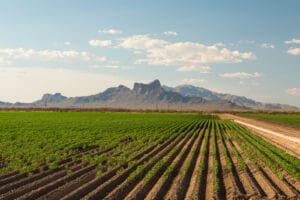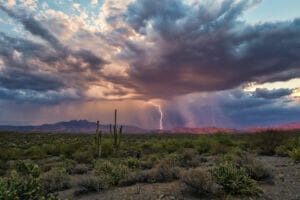Friedman’s insight pours into the blatant climate crisis of our times and says we are, in fact, in denial of our own crisis. There is good news. This is the first step towards a shift in our society away from the consumerist model. He gathers his inspiration from Australian author and veteran environmentalist, Paul Gilding, whose new book “The Great Disruption: Why the Climate Crisis Will Bring On the End of Shopping and the Birth of a New World” goes into depth on climate denialism.
Friedman’s analysis of the book portrays that our recent increase in horrific weather conditions as a clear indicator that we are outpacing our own sustainable growth. According to the article, he says two of our unsustainable feedback loops, economic productivity and expansive population growth, are headed on crash course right for each other.
Back to the good news, Friedman quotes Gilding saying that once that crash happens, “our response will be proportionally dramatic, mobilizing as we do in war. We will change at a scale and speed we can barely imagine today, completely transforming our economy, including our energy and transport industries, in just a few short decades.”
Fair questions arise out of this, such as “Will the climate crisis be this generation definitive war?” and more so, “Will it launch a new stage in the evolution of human’s society?”
Grist, the world’s green news go-to source, has released a blog-like story today as well the denial of climate change. This one focused primarily on the United States’ inability to keep up with sustainable economic practices worldwide.



